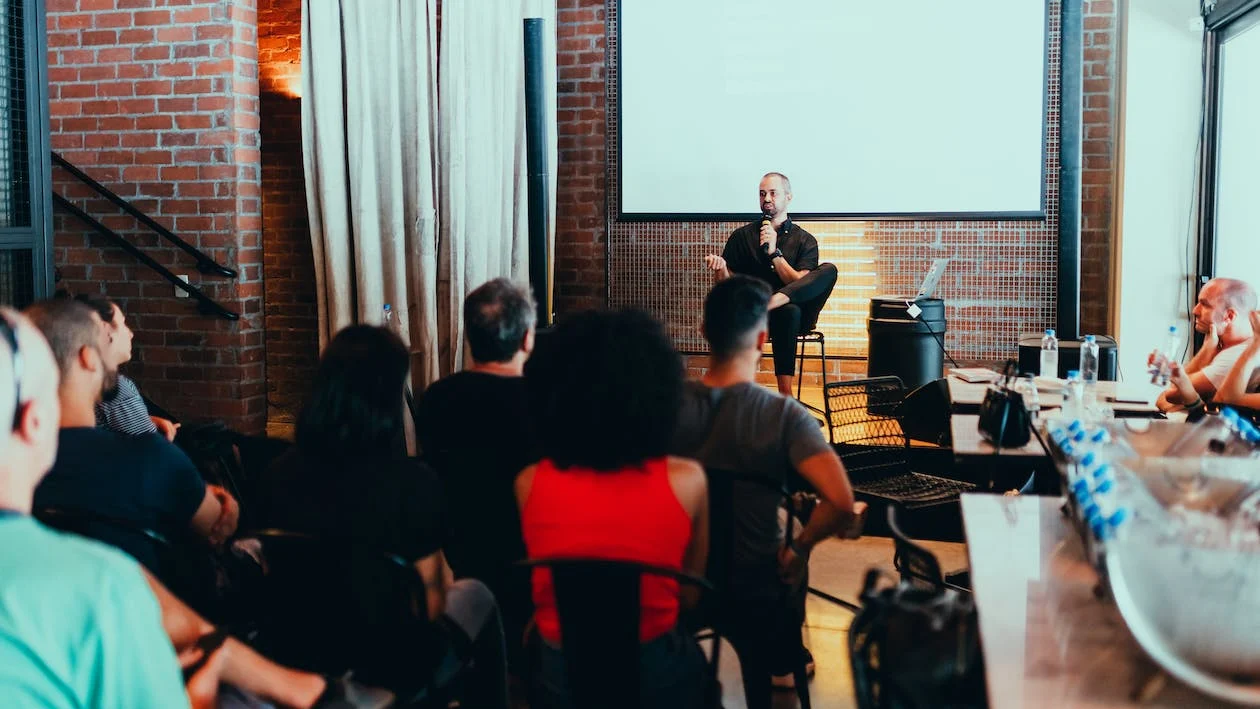When it comes to addiction it can feel a very lonely and confusing place. You’ll go through a whole range of emotions that you can’t make head nor tail of, ranging from denial to acceptance, and a final decision that you need to do something about it.
That in itself takes courage and can be incredibly difficult to do. However, if you are abusing a substance then it is time to take action, whether it be gambling, alcohol or drugs. If you need rehabilitation for drugs then you should speak out and get a consultation from a virtual alcohol rehab. It is completely understandable if that is proving difficult though, and it can often be that little bit of inspiration that can encourage you to take that step.
Thankfully, many people who have gone through that process have spoken up about their experiences and there are some incredible TED Talks on the subject.
Here are our favourites…
Everything You Know About Addiction is Wrong by Johann Hari
It’s fair to say that this is a relatively provocative title for a TED Talk but it does certainly grab the attention. Johann Hari talks about it candidly and discusses his experience travelling the world to find out what causes addiction and what the solutions may be. He has some truly innovative thoughts and it’s a really interesting lecture on the subject.
Listening to Shame by Brene Brown
Brene Brown is a truly compelling speaker and this talk focuses on how we must listen to our shame to do something about it. Shame is an emotion encountered regularly throughout addiction and this talk has had a massive impact on many people who are suffering from that.
It’s all about confronting that shame, and Brown may certainly inspire you to do so.
The Stigma of Addiction by Tony Hoffman
Tony Hoffman is a former addict and is now dedicating his life to building awareness on the topic. One of the key things we need to get over in society is the stigma around addiction and for many people suffering from it, the stigma can be the one thing that stops them speaking out – which in reality is deadly.
This talk can help those suffering get over that stigma and reach out for the help they need.
